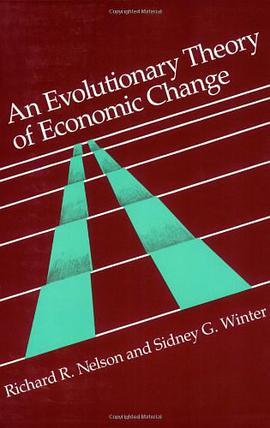The Oxford Handbook of Innovation 豆瓣
作者:
Fagerberg, Jan (EDT)/ Mowery, David C. (EDT)/ Nelson, Richard R. (EDT)
Oxford Univ Pr
2004
This handbook looks to provide academics and students with a comprehensive and holistic understanding of the phenomenon of innovation. Innovation spans a number of fields within the social sciences and humanities: Management, Economics, Geography, Sociology, Policy Studies, Psychology, and History. Consequently, the rapidly increasing body of literature on innovation is characterized by a multitude of perspectives based on, or cutting across, existing disciplines and specializations. Scholars of innovation can come from such diverse starting points that much of this literature can be missed, and so constructive dialogues missed. The editors of The Oxford Handbook of Innovation have carefully selected and designed twenty-one contributions from leading academic experts within their particular field, each focusing on a specific aspect of innovation. These have been organized into four main sections, the first of which looks at the creation of innovations, with particular focus on firms and networks. Section Two provides an account of the wider systematic setting influencing innovation and the role of institutions and organizations in this context. Section Three explores some of the diversity in the working of innovation over time and across different sectors of the economy, and Section Four focuses on the consequences of innovation with respect to economic growth, international competitiveness, and employment. An introductory overview, concluding remarks, and guide to further reading for each chapter, make this handbook a key introduction and vital reference work for researchers, academics, and advanced students of innovation.


